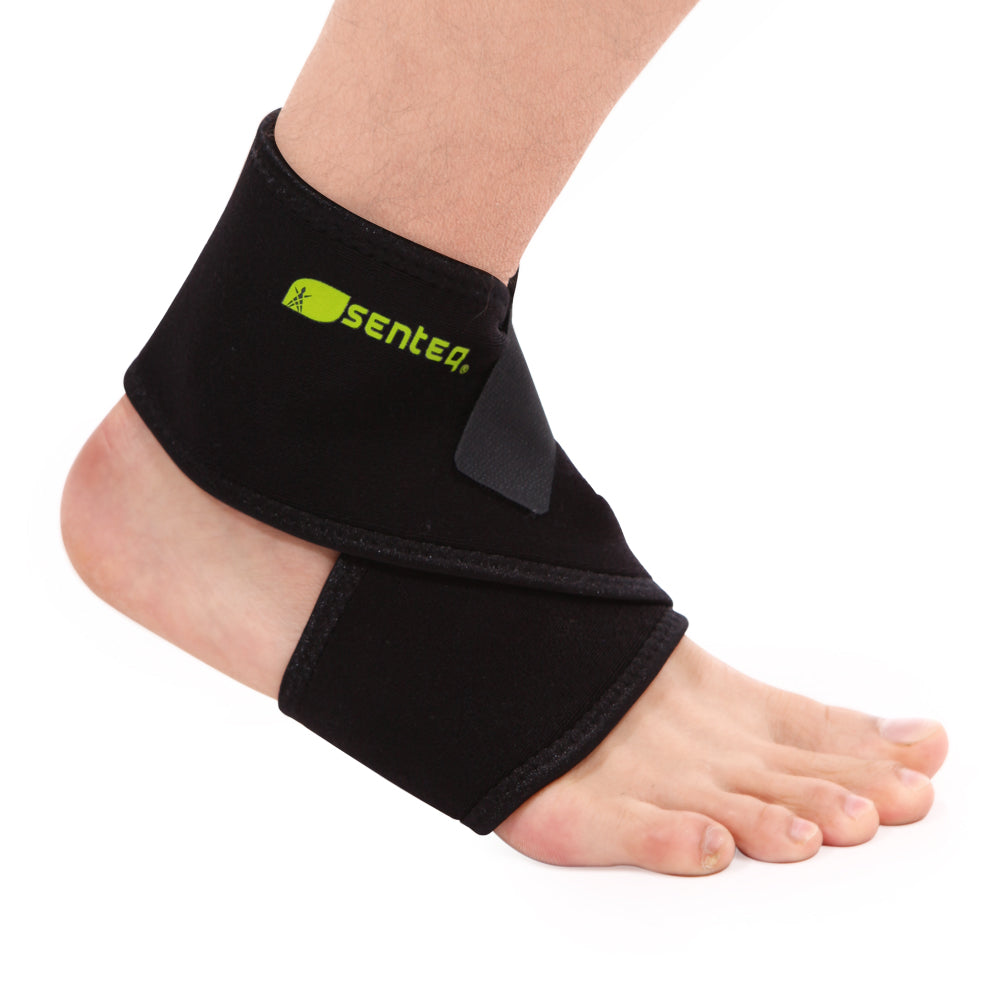When You Should Workout for Optimal Results (According to Science)
It's no secret that fitness is beneficial. What is less known, however, is that the time of the day in which you do your workout can also play a role in how well it benefits you.
Read on to find out what science says about what time of day you should be exercising — and what you should expect if you choose later workouts.
Working Out in the Morning
Morning exercise is the best time to start because your body has not been exposed to any outside activities such as work, school, or other daily tasks.
Morning exercise will make you feel energetic and alert during the rest of your day. It can also help reduce stress because your body will naturally release endorphins which are commonly called happy chemicals.
The Benefits of Morning Workouts (Backed by Science)
- More Restful Sleep at Night
Studies show that when you exercise in the morning, you'll have a more restful night’s sleep. The National Sleep Foundation reports that people who exercise at 7 a.m. are more likely to sleep well.
Moreover, working out during a person's peak hours is generally more effective than doing it after a long and tiring daily routine.
Morning exercise routines are often lower in intensity and duration, which makes them the perfect option for people who live active lifestyles.
- Better Moods for the Whole Day
When we exercise, our brain produces a hormone called serotonin. Serotonin induces feelings of happiness which have effects on our moods.
However, working out in the morning is not just about feeling good and looking forward to your day. It has even more calming benefits that make the rest of your day smoother.
- More Energy and Increased Alertness
Studies suggest that working out in the morning is a great way to boost your energy levels during the day. This often leads to lasting effects of increased productivity, improved mental health, and better sleep quality.
- You’ll Feel More Confident
Working out in the morning can be a good way to begin your day on a healthy but spontaneous note.
If you're feeling physically and mentally exhausted in ways that make it difficult to focus on other things, a stimulatory routine like morning exercise may be just what you need.
If you have scheduled meetings throughout the day, working out allows for more mental awareness and stamina for the challenges ahead than an average day without a workout
- Reduced Levels of Stress
After stressing through the night, your body builds up cortisol and other chemicals that give you a jump in adrenaline and depression.
Morning workouts help reduce levels of these hormones by making cortisol more available to be used as energy instead of storing it, thus lessening the effects of the hormone on your body.
- Improved Metabolism
According to some studies, regular morning exercise can improve your metabolism. This means your body will burn additional calories long after you've finished training.
Other research claimed that morning exercisers experience a burst of lipolysis or breakdown of body lipids and fatty acids. This process speeds up weight loss.
- Reduced Blood Pressure
Studies show that even one bout of morning exercise can lower your blood pressure. If your blood pressure is already bordering on the high range, you are encouraged to take your workout in the morning time frame for a more optimal effect.
Working Out at Night
Exercising at night can be convenient. With more time, you'll have more focus, longer workouts, and better exercise adherence if you're working out with friends or participating in an exercise class.
Even if that night workout is just your practice, it can also be great for de-stressing, boosting endorphins, and leaving your workday behind you.
The Benefits of Night Workouts (Backed by Science)
- Improved Physical Performance
Research shows that people perform better in the evening. Your body can utilize the natural energy of your muscles better, which leads to improved performance at higher intensities with less fatigue.
Moreover, muscle strength is higher, flexibility is greater, and power output is increased as well.
- More Improved Quality of Sleep
One recent study reveals that high-intensity exercise doesn’t affect sleep or appetite if it is done in the early evening. There’s also evidence that exercising at low intensity in the evening might actually improve sleep quality in older adults
- Greater Strength and Muscle Gain
Night workouts can offer greater gains in strength and building muscle than daytime exercises due to the increased production of testosterone that takes place during the nighttime.
In addition, your core temperature is warmer later in the day, allowing you to get into the groove faster and enjoy more benefits.
- You’ll Have More Energy
A study showed that you can go up to 20% longer while exercising at night and doing it at a higher intensity. This means you'd likely find more energy for cardio and strength training during the nighttime hours instead of first thing in the morning.
- Less Stress
Exercising in the evening is a great way to decompress. It is a great way to calm the body especially when you had a long day and you know that tomorrow requires more than just short-term tasks.
As several studies show, exercise releases a therapeutic high that promotes joy, pleasure, empathy, and increased serotonin production.
- Decreased Chance of Injury
Your heart rate and blood pressure are lowest in the late afternoon which can improve your athletic performance while decreasing your chance of injury.
Takeaway
Morning workouts and night workouts both have their benefits but morning workouts have an edge.
However, if you’re really not a morning person, don’t push yourself. You may be exercising, but you’re not making a lot of progress in your fitness.
To get the most out of your workouts, find a time that fits your schedule where you do your exercise regularly and consistently. This is more crucial than the time of day.
Disclaimer: Although gathered with great care, this information is not intended to take the place of regular medical care or advice. Please consult with your doctor before using this information or beginning any self-care program.









